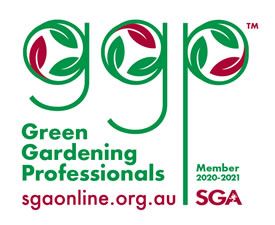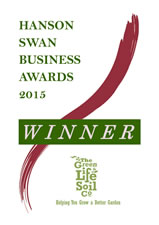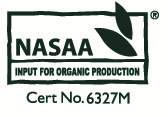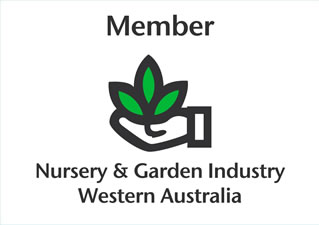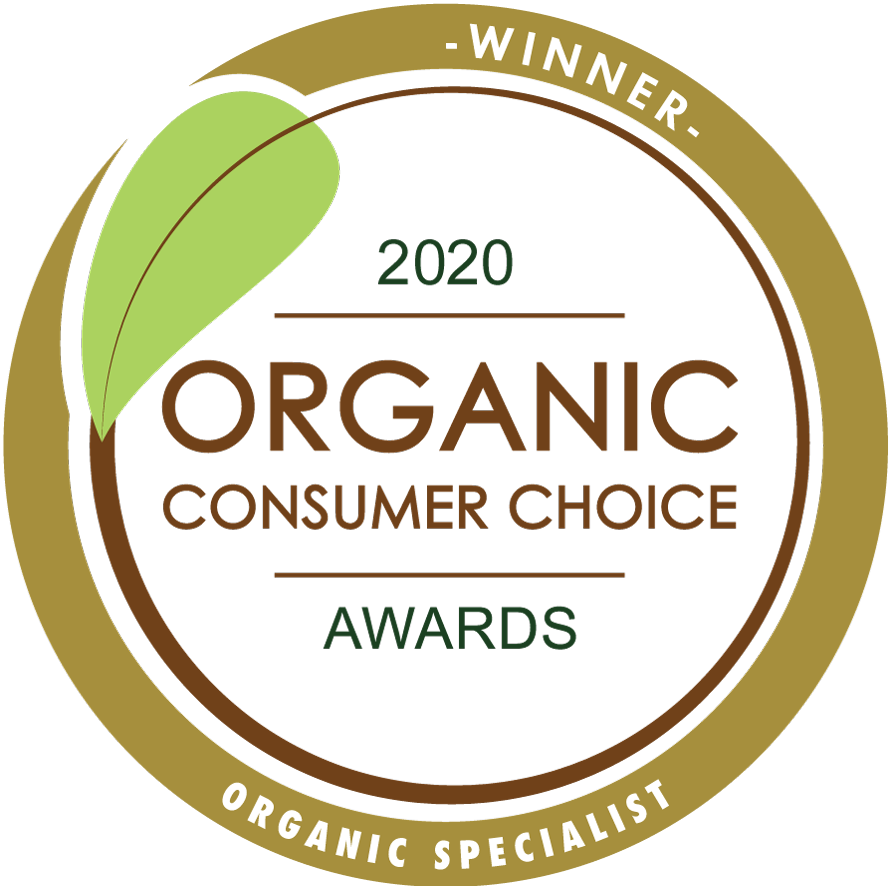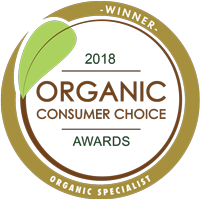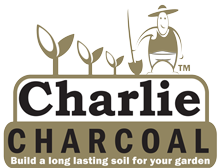| item(s), Total: $0.00 View Cart |
| Shopping cart is empty. |
Grow Your Own Food (and SAVE!)
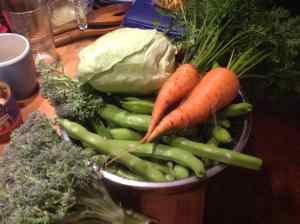
With so much talk on the news about inflation and household budget pressures, there's growing interest in how you can stretch the weekly wage further in the home and garden. With prices of fresh produce rising (increased fertiliser, fuel costs and lack of agricultural workers) - it raises the question - can you save money growing your own vegetables, herbs & fruit?
Obviously it depends on how successful you are - but those that have committed to growing some of their own food and who've documented the process (including weighing of harvests) believe it does save you money. A survey of households done 7 years ago found that 52% of Australian households grow some of their own produce, and of that group, 91% of those agreed it saved them money. However, setting up a garden is an investment - so to end up in front, it needs to be something you commit to over several seasons in order to amortise the cost. You'll (probably) need a garden bed or planters, soil and/or soil improvers, tools, watering equipment or retic, fertilisers etc. - which if purchased all at once can set you back hundreds if not thousands of dollars. But there are other ways to go about it.
If you're a beginner gardener, consider joining a community garden. You can rent a plot for an inexpensive sum - and it gives you the benefit of working with a community to learn and get advice. Often, you can benefit from group purchases of soil improvers and mulch, and share tools. For more information about community gardens in Perth, Western Australia, or near you (and how they operate) click here.
If you're growing at home - start small! Set up a smaller area first and see how that works for you. We've got information on how to select the site in our free fact sheet here. If you get it wrong - it's not the end of the world; you'll have learnt some valuable lessons along the way without having spent a lot of money. You can start out with a few pots and dip your toe in (or should that be your green thumb?)!
Tips for choosing cost-effective fruit and vegetables:
- Grow plants that give multiple crops and are high yielding. For example, a bean seed will give you many crops over a season, whereas planting a cauliflower will just give you one pick and can take four months to mature.
- Choose crops that grow quickly such as radishes, lettuces and spinach. It means you can turn over what you're growing very quickly. Lettuce & Spinach are 'cut and come again' options - and easy to grow in Perth during the cooler months.
- Grow plants with long yields such as green leafy vegetables like perpetual spinach and silver beet. Heirloom varieties of fruit and vegetables also tend to have longer yields, maximising your harvest.
- Choose crops that aren't too resource-intensive to grow (for example use a lot of water) and that are less susceptible to pests.
- Choose vegetables that you like to eat, that can be easily stored or preserved, and that are expensive to buy at the shop. There's many online tutorials about preserving your excess produce - and it gives you the option to enjoy vegies and fruit out of season.
- Grow intensively! You can grow a lot in a small space (and there's less weeding to do!) Check out Square Foot Gardening as a methodology. At GLSC we produce a wonderful soil for this intensive & shallow growing system - and we carry the book "Square Foot Gardening" which will provide all you need to follow the technique. Mel Bartholomew, (who invented the system) was on a mission to help people grow their own food and save money! He compiled a list of the most cost effective foods to grow at home. This was done in America; but I don't think our results would be too far different. (We also have a free downloadable guide to 'Square Foot Gardening' here.)
According to Mel, you get the most bang from your buck by growing the following:
- Herbs
- Parsnip
- Cherry tomato
- Garlic
- Heirloom tomato
- Turnip
- Leek
- Winter squash
- Spinach
- Lettuce
(Based on the amount of yield, average cost of these items to purchase in stores, and the ease of growing.)
Fresh herbs don't have a long shelf life, and they're usually quite expensive to buy. Growing a few pots of parsley, basil, coriander, oregano, chives, mint (as a start) can save you hundreds if you enjoy using fresh herbs in your cooking. You can pick them regularly over many months - potentially saving you hundreds of dollars.
When choosing what to grow, have a plan and research which plants will work for you and your area. It's a good idea to start with seasonal planting - a gardening calendar* will help you work out which vegetables and fruits grow in which months, and when to harvest depending on where you live. Succession planting, or staggering the sowing of your seeds, will ensure a continuous supply of vegetables (instead of them all coming in at once!). (* Download our when to plant guide for Perth here!)
A recent article in Choice Australia claimed that the writer saved $1,800 a year in fruit and vegies and eggs through growing at home - he had his own chickens and a large garden. Other estimates are much more conservative - but if you compare the cost of a fresh lettuce is usually $2 minimum; and you can buy a packet of seeds for around $4.50 (that can contain hundreds of seeds) - you can see you're in front by growing your own. A one time pack of fresh parsley is $3.00. You can grow from seed or pick up a potted herb for around $5.00 that will last you for months (if not years). A heritage tomato plant typically yields 4-5kg of fruit off one plant - worth around $25-35. A few plants will give you produce to preserve, swap or share - literally hundreds of dollars worth.
And it's not even so much about just comparing the cost - because sometimes you won't be in front. Large scale farming systems can produce lower prices for many vegetables... but there are other factors to consider. Food miles & energy consumed in production are also important if you're trying to lower your carbon footprint. Often, people tell me onions aren't worth growing at home because they're inexpensive to buy. While this may be true, commercially grown onions are also heavily sprayed with herbicides and fungicides - so consider that in the equation.
Homegrown produce typically contains greater quantities of and more diverse nutrients (antioxidants, vitamins and minerals); it hasn't spent days or weeks in transportation and storage with nutritional value deteriorating hour by hour. Picked fresh & eaten fresh tastes amazing. Plus the more you grow and use your own produce, the less you rely on processed and 'empty' foods - better for you (and you get exercise when gardening!). And then there's the psychological benefit of knowing you've put homegrown food on your table. If your family get involved, it serves to teach kids about nature and where food comes from - proven to increase interest in healthy eating habits (which may last a lifetime). And you know exactly how it's been grown; if it's been sprayed it's because you've sprayed it; you know when, and with what.
Once you've begun a garden, it makes sense to consider setting up a composting system and/or a worm farm - which are fabulous ways to recycle food and garden waste, and produce valuable resources to return to your garden - saving you money too. A great garden starts with great soil - so it's worth investing in your soil up front and continuing to build it each season. Over the years you'll create a healthy ecosystem that will sustain you each season with little input. But initially, in our Perth sandy soil, you'll need to put in time and effort to create a healthy garden - we can help you work out the best value way to do this with long lasting inputs that build soil structure.
Of course - growing your own vegetables, fruit and herbs is a commitment. You do need to spend a bit of money and time to set up a garden, and it needs dedication to maintain it.
But is it rewarding? We believe it is - for so many reasons. If you're looking to begin a new garden, feel free to contact us for advice. We've got HEAPS of free gardening guides and fact sheets & videos designed to help you reach a successful harvest - just click on the "Learn" tab on our website banner above.
Happy (and thrifty) gardening!
Get Growing Today!
Come on in!
Pick up bags or bulk product bring your trailer (or use one of ours) Opening hours: 8.30 - 4.00 Monday - Saturday (closed Sunday)
Shop Online - We Deliver
24/7 convenient & secure online shopping or support your local independent retail outlet
Get Growing
We guarantee our products. Ask our friendly staff for help & advice ~ we're here to help you achieve the garden of your dreams.



